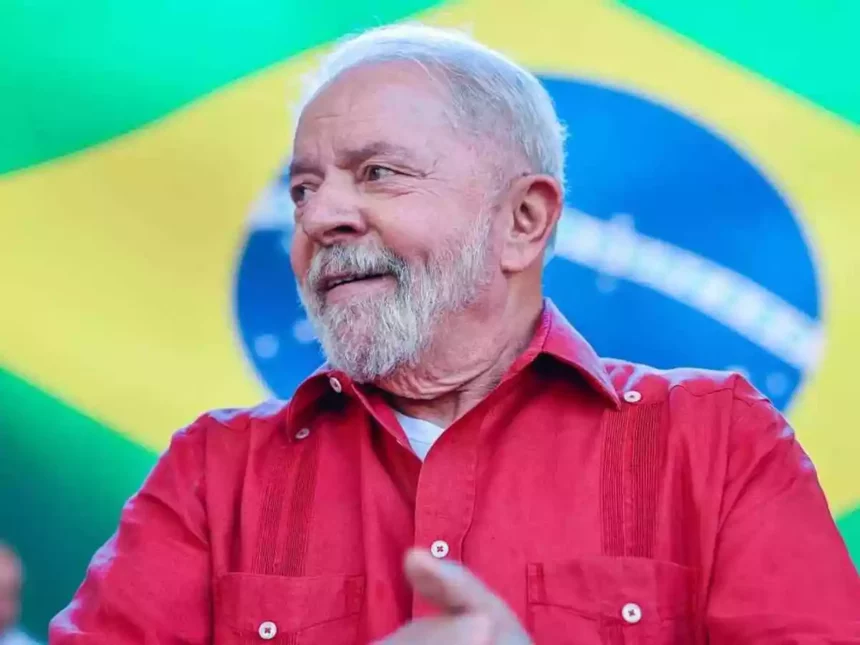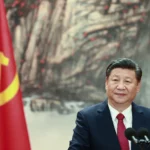Lula received 50.9% of the vote after a tumultuous election in which two enmities from opposing political parties squared off.
It was sufficient to defeat Jair Bolsonaro, whose backers had predicted victory.
However, the division that this election has brought to light is unlikely to go away.
For a politician who was incarcerated and prohibited from running in the 2018 presidential election, it is an astounding comeback.
He had been convicted of accepting a bribe from a Brazilian construction company in exchange for contracts with Petrobras, the country’s state-owned oil giant.
Before his conviction was reversed and he was allowed to leave prison after 580 days, Lula engaged in politics again.
He began his winning speech by saying “They tried to bury me alive and here I am,”
From the beginning, polls projected he would triumph in the election, but when his margin during the first round was much smaller than expected, many Brazilians began to question their veracity.
The supporters of Jair Bolsonaro were buoyed by their candidate’s claims that “the establishment” and the press were against him and underestimating his popularity, and they had entire faith in his triumph.
These Bolsonaro supporters, who frequently refer to Lula as “a thief,” are sure to be miffed by the left-wing leader’s victory. They contend that the annulment of his conviction does not prove his innocence, merely that the necessary legal process was not performed.
Additionally, while Jair Bolsonaro lost, his allies in Congress gained a majority, meaning that Lula would encounter fierce opposition to his initiatives in that branch of government.
But Lula, who held power for two terms between January 2003 and December 2010, is experienced in creating political coalitions.
He selected Geraldo Alckmin, a longtime competitor of Lula’s who competed against him in earlier elections, to be his vice presidential candidate mate.
His decision to put together a “unity” ticket appears to have worked off and won over voters who might not have otherwise thought about supporting his Workers’ Party.
He used a friendly tone in his victory address, promising to rule for all Brazilians, not just those who supported him.
“This country needs peace and unity. This population doesn’t want to fight anymore” added he.
Jair Bolsonaro has not yet given in. The far-right president’s unfounded fears about the accuracy of Brazil’s electronic voting system contributed to the campaign’s hostile atmosphere.
This stoked anxiety that if the outcome was against him, he might not take it.
But he said this the day before the second round: “There is not the slightest doubt. Whoever has more votes, takes it [the election]. That’s what democracy is about.”
The Lula campaign claimed that police halted buses taking voters to the polls on election day in an effort to deter them from casting their ballots.
Alexandre de Moraes, the president of the electoral court, gave the highway police the order to remove all barriers and inspections.
Although some voters had been hindered, none had been prohibited from casting a ballot, he claimed. However, the occurrences significantly increased tensions.
Now that it is obvious that Bolsonaro received fewer votes than Lula, there is tremendous anticipation for when and what he would say.
Outside of Brazil, observers of the election were particularly concerned about how additional four years of a Bolsonaro administration might have contributed to greater deforestation in the Amazon rainforest.
In his victory address, Lula alluded to these worries by declaring himself “open to international cooperation to protect the Amazon.”
He said, taking a shot at his adversary, “Today we tell the world that Brazil is back. It is too big to be banished to this sad role of global pariah.”
But the commitment to combat hunger, which has been on the rise in Brazil and affects more than 33 million people, was at the center of his speech.
The fact that Lula helped millions of Brazilians escape poverty during his first two terms in office was crucial to his popularity.
Finding the money to repeat that achievement will be difficult in the post-pandemic economy, particularly if he faces opposition from the Congress.












